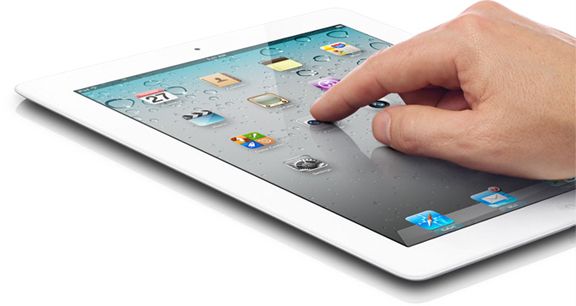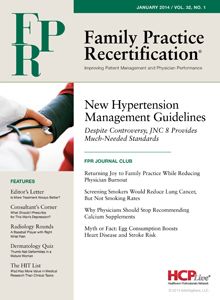iPad Has More Value in Medical Research Than Clinical Tasks
In a recent study, physicians-in-training gave the iPad low marks for efficiency in documenting patient progress, though they saw value in using the mobile tablet as a research tool.

In a recent study published in the Journal of Mobile Technology in Medicine, physicians-in-training gave the iPad low marks for efficiency in documenting patient progress, though they saw value in using the mobile tablet as a research tool.
For their “Resident Impressions of the Clinical Utility and Educational Value of the iPad” research, Matthew Skomorowski, MD, and colleagues from the Department of Medical Education at the Riverside Methodist Hospital in Columbus, OH, analyzed survey responses about the iPad’s clinical and educational worth from 102 residents who utilized the device throughout the 2011-2012 academic year. With the exception of 2 queries that allowed residents to provide comments, all questions were structured on a 5-point Likert scale.
Though one student noted the device was “more practical to use on some rotations compared to others, such as pulmonary (good to pull up images), renal (attendings like lab trends), and cardiovascular (streaming procedure results),” the iPad received overall low scores on questions regarding clinical utility, as only 15% of the residents said they used the mobile tablet during clinical rounds, and a mere 8% believed it increased their efficiency in writing patient progress notes.
In contrast, more than half of those surveyed utilized their iPads outside of the clinical setting to read medical articles and research topics, and 52% said they would recommend the device to their colleagues as a valuable resource tool. Between clinical rounds, 30% of the residents read medical articles and research topics on their iPads, compared to 21% who operated the device to review patient information.
However, the medicine-based residents saw more clinical value in the iPad than their surgical colleagues, as approximately 40% of those training to become family physicians reported the device improved their efficiency in practicing evidence-based medicine, compared to 16% of general surgery residents who said the same. Additionally, nearly half of the family physicians-in-training thought the iPad facilitated better patient care, while only 23% of the surgeons-in-training shared that belief.
Nevertheless, Skomorowski and his coauthors concluded “resident efficiency may be less positively impacted by use of the iPad than previously reported … (as) we found that residents across all disciplines did not perceive the iPad to be clinically useful on daily work rounds, and had only slightly increased value as an educational tool.” But in light of the limitations of their single-institution study, the authors acquiesced that “the availability and utilization of mobile technology continues to grow at a rapid pace, (so) further study is required to both monitor and measure its impact on improving the educational and clinical goals of medicine.”
